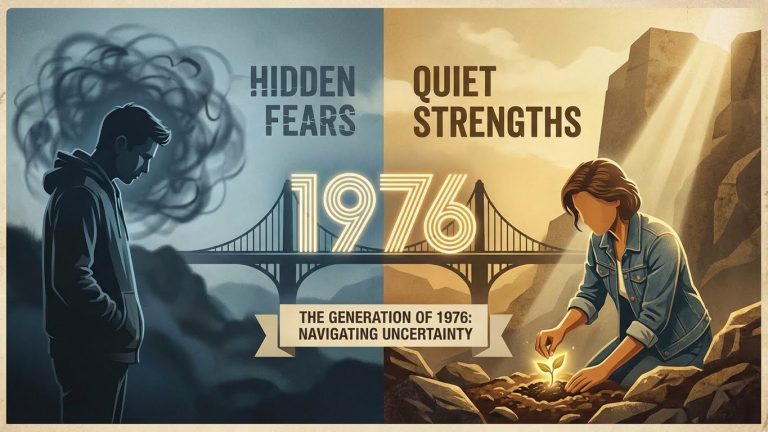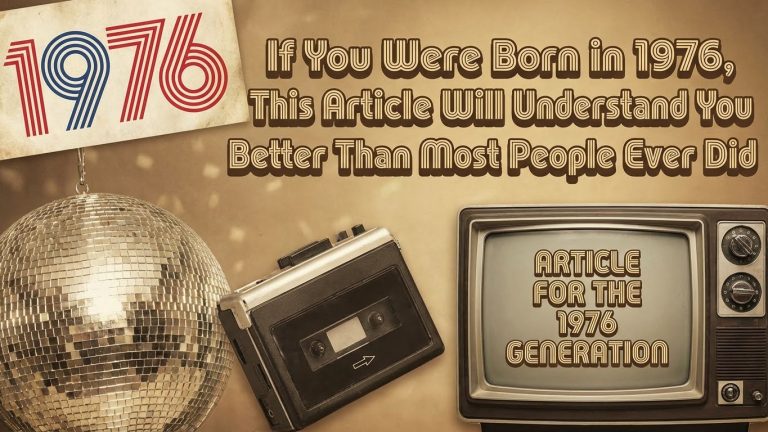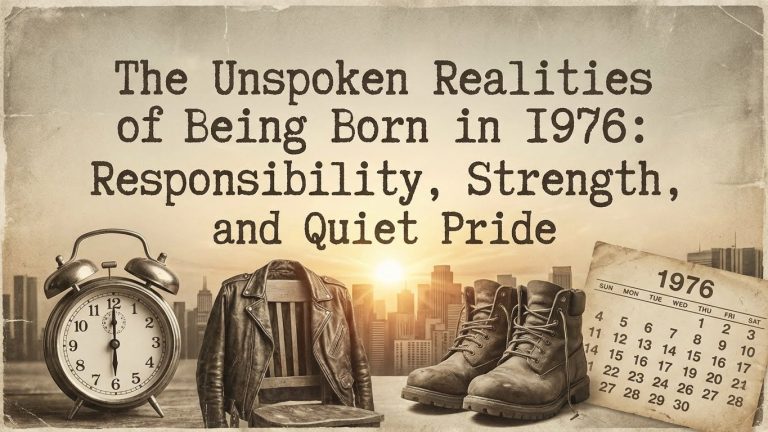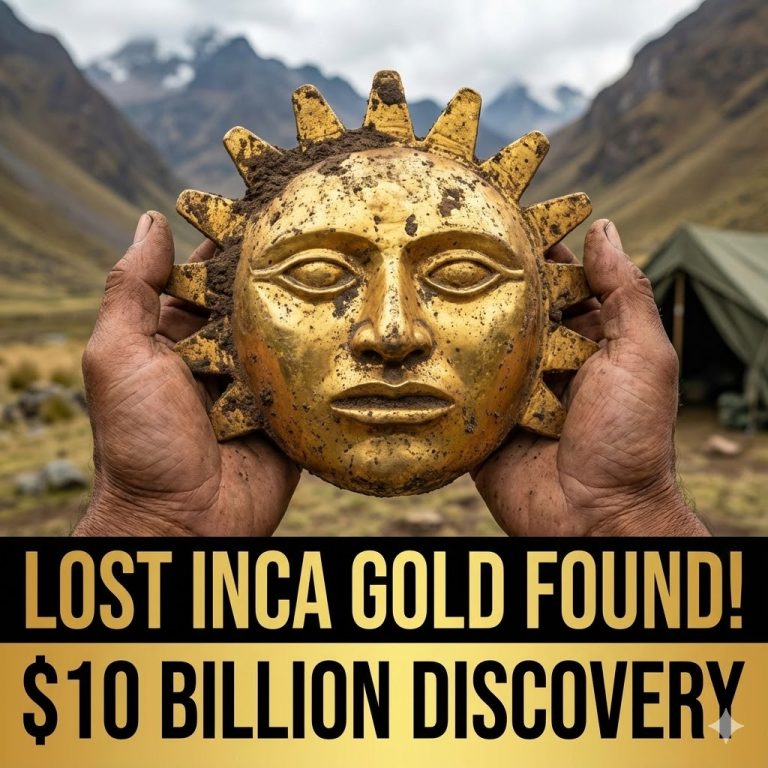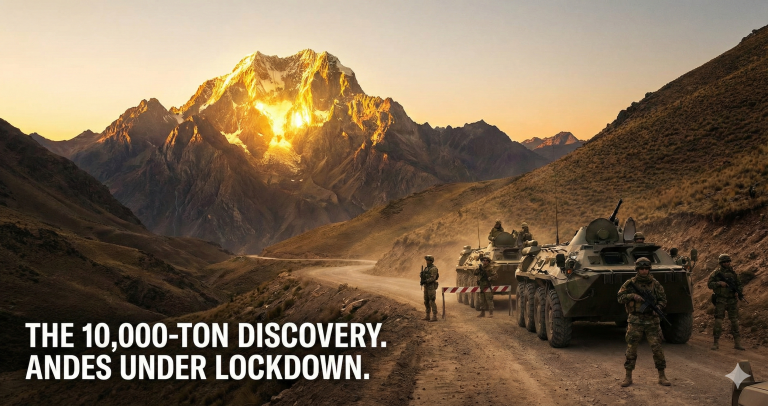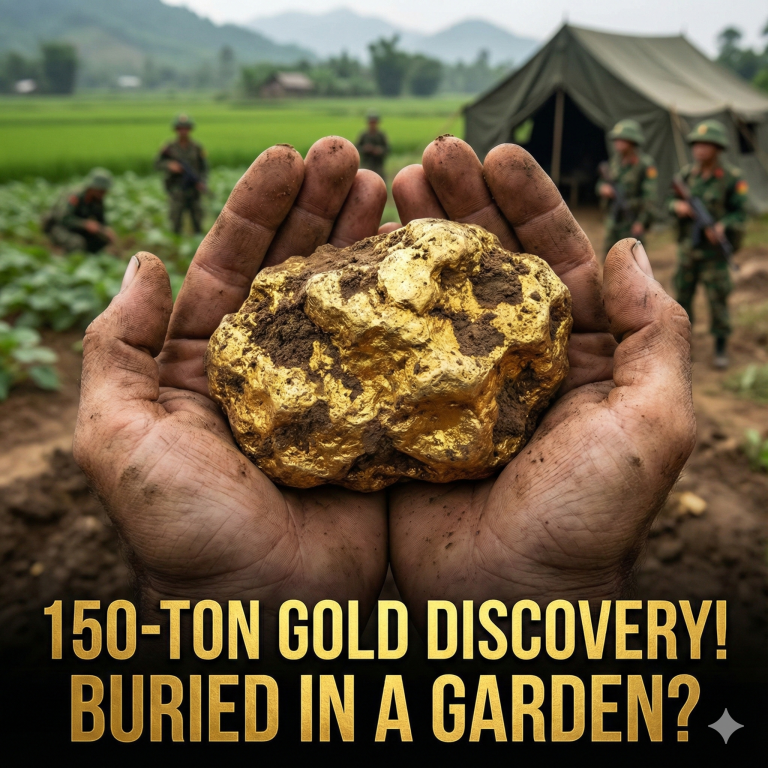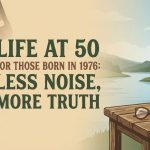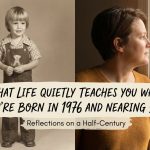Introduction: The Lie We Live
Let’s be honest—most of us lie.
Not big, evil lies. Just the little ones.
“I’m fine.”
“I’ll start tomorrow.”
“That meeting was great.”
“Sorry, just saw this message!”
White lies. Social lies. Protective lies. Lies we tell others. Lies we tell ourselves.
One day, I had a strange thought: What if I told the truth for an entire day? Every moment. Every interaction. No filters. No polite dodging. No pretending.
So, I did it. For 24 hours, I committed to radical honesty.
Here’s what happened—and what I learned about others, and myself.
Ground Rules: What “Truth” Meant for This Experiment
I wasn’t just avoiding deception. I committed to:
- Speaking my actual thoughts and feelings.
- Not omitting the truth for comfort or image.
- Answering questions honestly—even hard ones.
- Telling the truth gently, but not dishonestly.
I wouldn’t offer brutal honesty as a weapon. But I wouldn’t dodge, sugarcoat, or edit myself to please others either.
It was like walking a tightrope between courage and kindness—with no net.
Hour 1–3: Truth Feels…Awkward
My first truth test came during a breakfast video call.
Coworker: “Hey, how are you today?”
Me (after a pause): “Honestly…kind of anxious and sleep-deprived. Not my best morning.”
The awkward silence that followed was loud.
He blinked, then muttered, “Uh, sorry to hear that.”
Usually, I’d say “Good, thanks!” and move on. But saying the truth felt both uncomfortable and freeing.
Next, I had to answer emails. A client asked if I liked their rebranding proposal.
Instead of the usual diplomatic fluff, I wrote:
“Thank you for sharing this. I think the color scheme feels off-brand, and the tone doesn’t quite reflect your company’s identity. Want to brainstorm together?”
It was uncomfortable to hit “Send,” but something inside me relaxed. No more pretending.
Hour 4–6: Micro Truths and Social Friction
Mid-morning, I passed by a neighbor in the hallway.
Her: “Oh! You’re home today?”
Me: “Yes. I’m trying a personal challenge—telling the truth all day.”
Her (laughing nervously): “Um… that’s… fun?”
I realized something: Most small talk is built on shared pretending. We don’t want deep truth in everyday encounters. We want comfort.
Even compliment exchanges felt fake when I was honest.
Friend: “Do you like my new haircut?”
Me: (pause) “I think I preferred the last one—it suited your face shape better.”
Was that necessary? Maybe not. But it was honest. She didn’t look thrilled.
Hour 7–10: Turning Inward – Telling the Truth to Myself
The outer world wasn’t the hardest part. The inner one was.
I tried telling the truth to myself:
- Why was I avoiding a task I “didn’t have time for”? (Answer: fear of failure)
- Why was I eating when I wasn’t hungry? (Answer: boredom)
- Why did I scroll Instagram for 30 minutes? (Answer: low self-worth, craving validation)
Most of the lies I tell are to myself. Convenient justifications. Emotional blind spots. Denial dressed as logic.
Radical honesty turned into a mirror. And it was brutal.
But in that discomfort, I found clarity. I wasn’t lazy or weak—I was scared, distracted, human. The truth didn’t shame me. It grounded me.
Hour 11–13: Emotional Truth with Loved Ones
The afternoon brought the hardest challenge yet: talking with people I love.
I called my mom.
She asked how work was.
I told her: “It’s been hard. I feel unmotivated, and I’m questioning if I’m even on the right path. Sometimes I pretend I’m okay just so you don’t worry.”
She was quiet for a long time. Then she said, “Thank you for telling me. I had no idea you felt that way.”
Later, I had lunch with a close friend.
He started talking about politics, and usually I nod to avoid debate. But today?
“I actually don’t agree with that. I think that policy has real consequences for vulnerable people.”
He looked surprised. We had a real conversation. Not fake agreement. Respectful disagreement rooted in honesty.
Hour 14–17: The Weight of Truth Builds Up
By late afternoon, I was emotionally exhausted.
Telling the truth felt like lifting weights. Every moment demanded mindfulness. I couldn’t autopilot. I had to feel, reflect, and respond authentically.
And yet… I also felt more alive.
Colors seemed brighter. Food tasted better. Conversations felt deeper—even the awkward ones.
Truth, I realized, removes static. It clears the emotional clutter. It forces presence.
But it also exposed how many interactions rely on mutual illusion. We play roles. We perform politeness. We suppress honesty to keep the peace.
Hour 18–21: Facing My Partner
Evening brought the ultimate boss battle: talking with my partner.
We were watching TV. She asked: “You okay?”
Me: “Actually… I feel a little disconnected. I think we’ve both been going through the motions lately.”
She paused the show.
We ended up talking for two hours. Really talking.
I admitted I sometimes hold back my needs to avoid being “difficult.” She admitted she sensed that, but didn’t know how to ask.
It was hard. We cried. But it was real. Truth stripped away assumptions. We found each other underneath the habits.
Hour 22–24: The Night of Stillness
As the day ended, I sat alone in silence.
No performance. No lies. Just breath and truth.
I felt exposed—but not vulnerable in a bad way. More like unarmored. My nervous system felt… calm.
I realized: I lie more than I think, and I do it mostly to protect my image. Or avoid discomfort. Or smooth over tension.
But in doing so, I also avoid depth. Authenticity. Intimacy.
The truth isn’t always safe—but it’s alive. It brings color to dull relationships. Honesty is risky, yes. But so is connection. You can’t have one without the other.
7 Lessons From a Day of Pure Honesty
1. Truth feels dangerous—because it is powerful.
It disrupts. It reveals. But it also heals. Don’t fear it—respect it.
2. Most lies are emotional armor.
We lie not to deceive, but to protect. Ourselves, others, our peace. But armor also isolates.
3. People want honesty more than perfection.
Vulnerability invites real connection. People are often relieved when someone finally says what they’re all thinking.
4. Truth to self is harder than truth to others.
The hardest honesty isn’t saying “I don’t like your idea.” It’s saying “I’m not okay” to the mirror.
5. Radical honesty must be paired with compassion.
Truth without empathy is cruelty. But truth with love is liberation.
6. Small truths build big courage.
Start with tiny honest moments: “I’m tired.” “That hurt.” “I don’t know.” They add up.
7. Truth clarifies what matters.
Once you stop lying—even gently—you realize what you really feel, want, and believe.
Would I Do It Again?
Yes—but not every day. Radical honesty is powerful, but it’s intense. Like emotional weightlifting.
I now practice gentle truth. I tell more of it. I lie less reflexively. I ask myself: Am I hiding? Or connecting?
Truth isn’t a weapon. It’s a light. When used wisely, it can guide you—out of illusion, and into a life worth living.
So, what happens when you tell the truth all day?
You wake up—not just in the morning, but to yourself. And that kind of awakening? It’s worth the risk.
“The truth will set you free—but first it will piss you off.”
— Gloria Steinem

